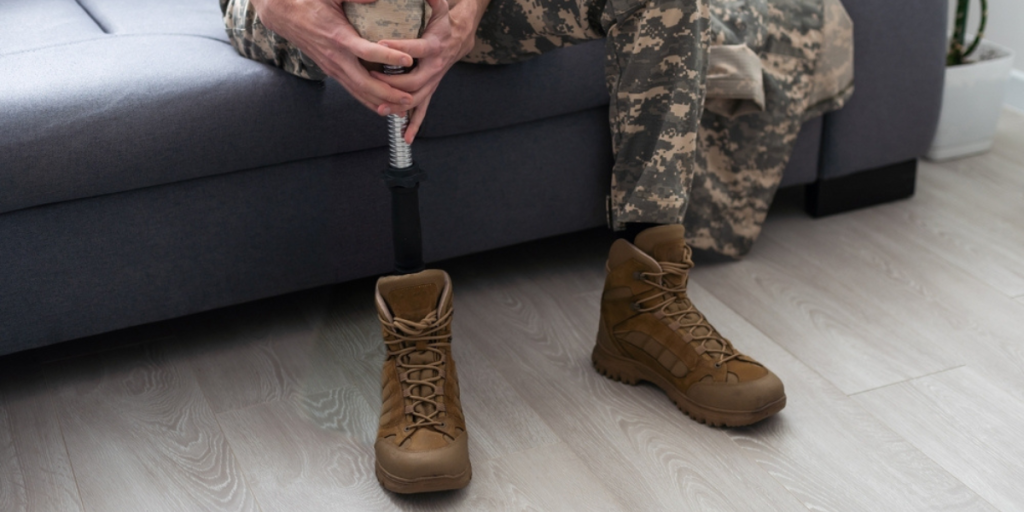Ukraine turns to Botox to ease soldiers’ hidden war wounds
Others are reading now
Ukraine turns to Botox to ease soldiers’ hidden war wounds
A war that reshaped lives and limbs
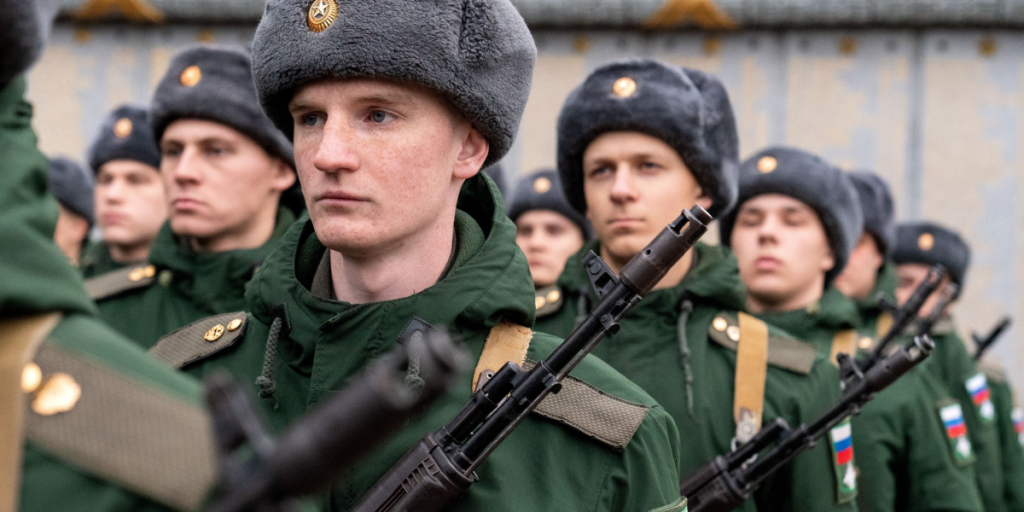
Russia’s full-scale invasion of Ukraine in 2022 marked a brutal escalation of a war that had been simmering since 2014.
With intense ground battles, shelling, and drone attacks across Ukrainian territory, tens of thousands of soldiers and civilians have been killed or wounded.
As the conflict continues, attention is turning not only to battlefield strategy—but to how Ukraine helps its wounded veterans heal, recover, and return to life beyond the frontlines.
Phantom limb pain: the invisible injury after amputation
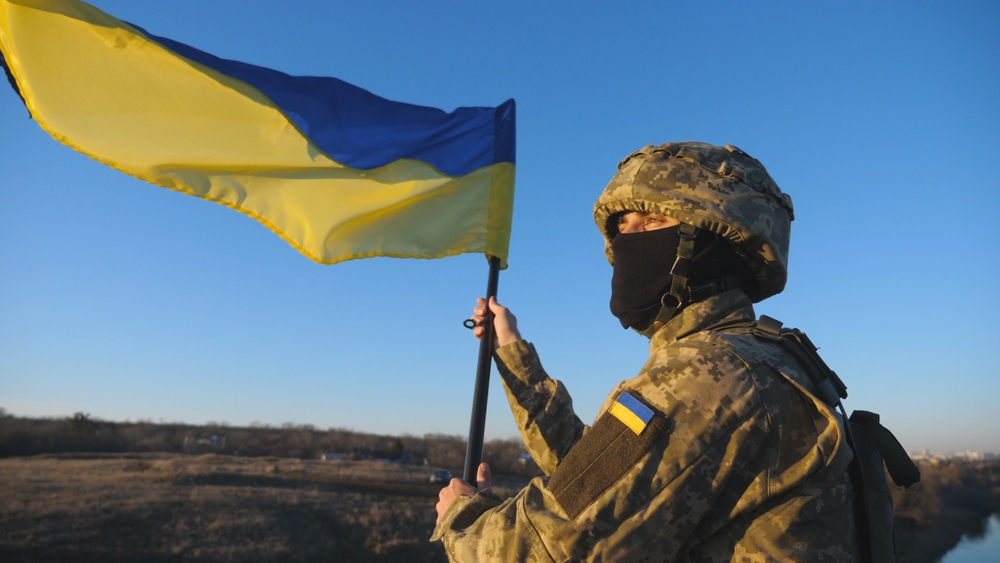
Many Ukrainian soldiers who lose limbs in combat also face a lesser-known consequence: phantom limb pain.
Also read
According to The Express, this condition is caused by disrupted signals between the brain and the nerves, leading patients to feel sharp, burning, or aching pain in limbs that are no longer there.
It’s a serious medical issue that makes physical and emotional recovery even harder for amputees.
Botox isn’t just cosmetic—it’s helping wounded veterans
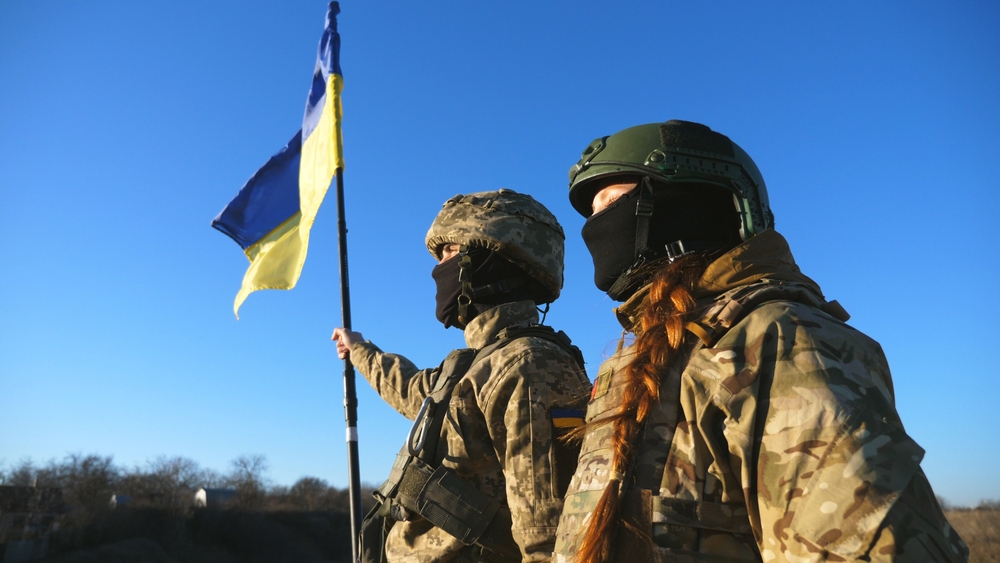
A recent study published in the Archives of Physical Medicine and Rehabilitation found that botulinum toxin—more commonly known by its brand name Botox—can significantly reduce phantom limb pain.
As reported by The Express, the treatment works by calming nerve signals and reducing pain intensity. It’s not a cure, but it offers promising relief for those suffering after amputation.
The trial: Inside Ukraine’s cutting-edge pain research
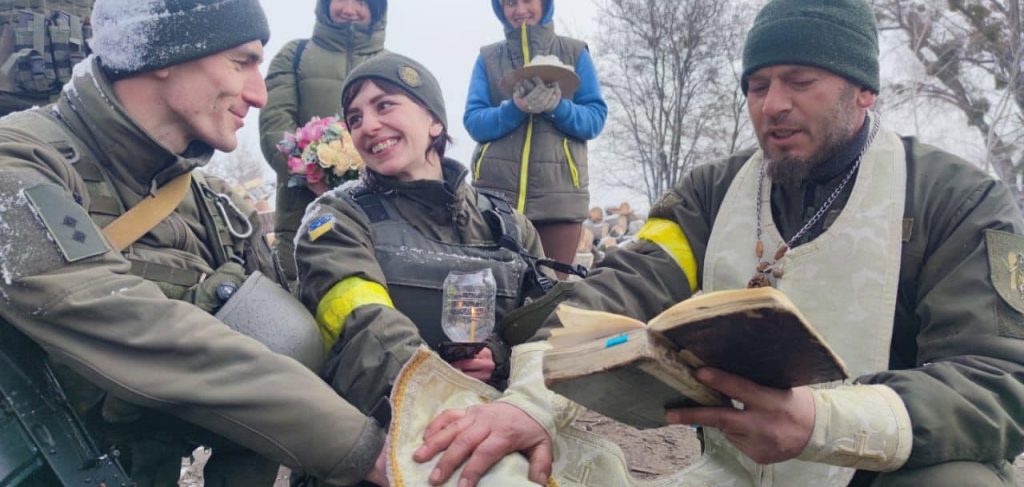
Researchers tested the treatment on 160 amputees in the Ukrainian cities of Lviv and Ivano-Frankivsk. According to The Express, one month after receiving injections, 69% of patients reported at least a 30% drop in pain.
Also read
By contrast, only 43% of patients receiving standard care saw the same level of improvement. These findings mark a major step in Ukraine’s rehabilitation efforts amid war.
From the battlefield to the hospital: How doctors are helping
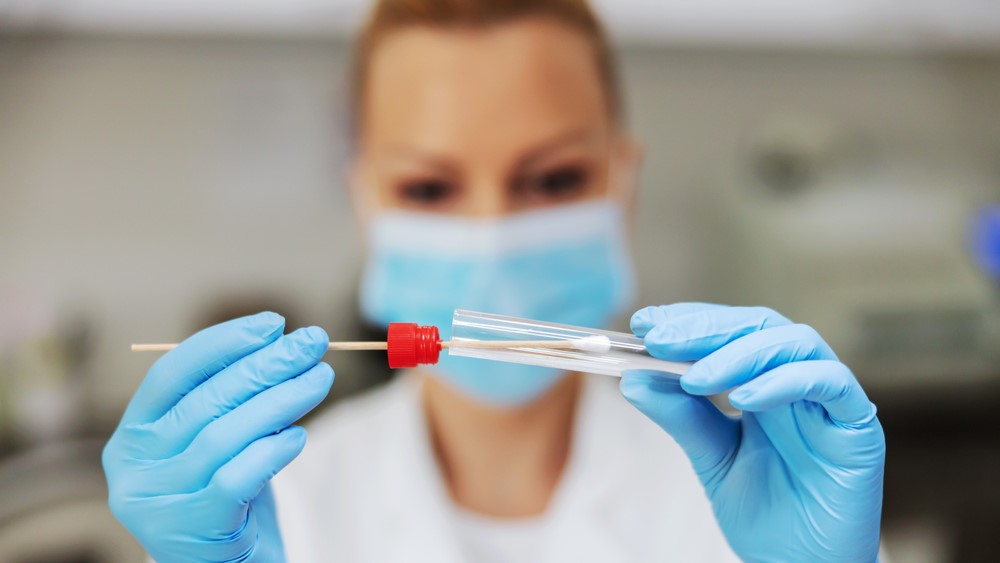
Dr. Roman Smolynets, an anesthesiologist at Lviv’s Multidisciplinary Clinical Hospital, told The Express that Botox injections could become a vital addition to post-amputation care. ‘
“It could be another step toward helping amputees live with less pain and more dignity,” he said. However, he emphasized that the treatment works best when paired with comprehensive surgical and medical support—not as a standalone fix.
An American military doctor brings global perspective

One of the study’s co-authors, Dr. Stephen Cohen, is a professor at Northwestern University’s Feinberg School of Medicine and a retired U.S. Army colonel.
He told The Express that the research has personal significance—his son, a U.S. infantry soldier, suffered a traumatic brain injury during his time at West Point.
Also read
“This research carries special personal meaning for me,” he said, highlighting its importance not just for Ukraine, but for future global conflicts.
What we’ve learned

Phantom limb pain is one of the hidden costs of modern warfare, affecting thousands of soldiers long after they leave the battlefield.
This study shows that botulinum toxin can offer real relief to Ukraine’s wounded veterans—especially when part of broader medical care.
It’s a reminder that innovation in pain management isn’t just a medical issue—it’s a matter of dignity, recovery, and rebuilding lives.
Healing the wounds that don’t make headlines
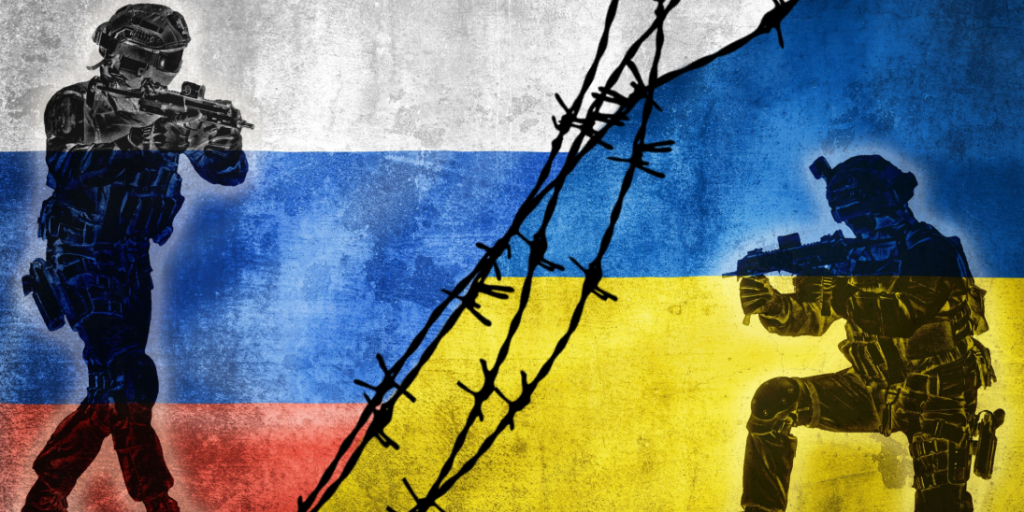
As Ukraine continues to fight for its sovereignty, its soldiers are paying a devastating price—many with their bodies.
Also read
Beyond the headlines, this research highlights the human cost of war—and the need to care for those who bear its deepest scars.

